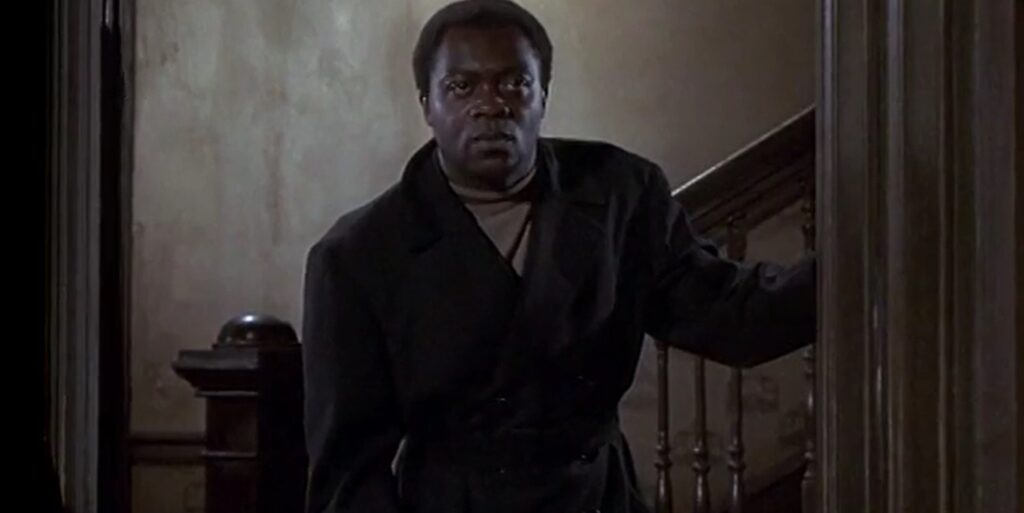
A bit different from my look at classic 1970s Christmas TV episodes, let me spotlight an excellent 1970s TV Hanukkah episode, 1971’s “The Messiah On Mott Street” from Rod Serling’s Night Gallery.
Night Gallery, of course, was Rod Serling’s much less famous follow-up to The Twilight Zone, where the same basic approach took place, only with a framing sequence of the host, Serling, being in a freaky art gallery.
In any event, in this episode, the legendary Edward G. Robinson plays an old Jewish man, Abraham Goldman, is dying. He is the only guardian for his young grandson, Mikey (Ricky Powell). His doctor, Dr. Levine, played by Tony Roberts, makes house calls to comfort the dying man, but on his most recent visit, he runs into the social worker who will have to find a new home for the boy when his grandfather dies, and she informs the doctor that not only is the man dying, but he keeps talking about his brother paying him back for an old loan he mentioned. The social worker looked into the brother (while looking for relatives for the boy) and found that the brother is destitute, there is no loan being repaid.
Goldman is visited by the angel of Death, but he manages to elude him. Mikey then heads off to look for the Messiah, the only person who can help his grandfather. He wanders their destitute area of New York City, and is besieged by some creepy characters until a man, Mr. Bruckner, played by Yaphet Kotto, steps in to save the boy, and bring him back home.
Levine is there, as Goldman is near death. Levine talks to Bruckner, who Mikey believes is the messiah, naturally, and tells him, sardonically, “all right, Mr. Buckner, if you have some special messianic powers, I wish you’d trot them out. I could use a miracle.”
Well, sure enough, a strange wind blows through the room, and Goldman is revived, healthy. Levine and Mieky no longer remember Bruckner’s visit, but then a postman (played by Kotto) arrives, with a letter from Goldman’s brother, repaying the old loan, with a certified check for $10,000.
Adorable stuff.










An early example of the “magic negro” trope — but it works (at least for me — as a white dude I have no dog in the hunt). And as a kid the idea of God’s son being a black guy was awesome.
Night Gallery’s big problem was that Serling didn’t fight for creative control, assuming that as he was a brand name, the network presumably wanted his distinctive brand of fantasy. Instead, they kept pushing him to throw on overt monsters and lots of action (to compete with Mannix, which was playing opposite NG at one point). Still had some impressive episodes.